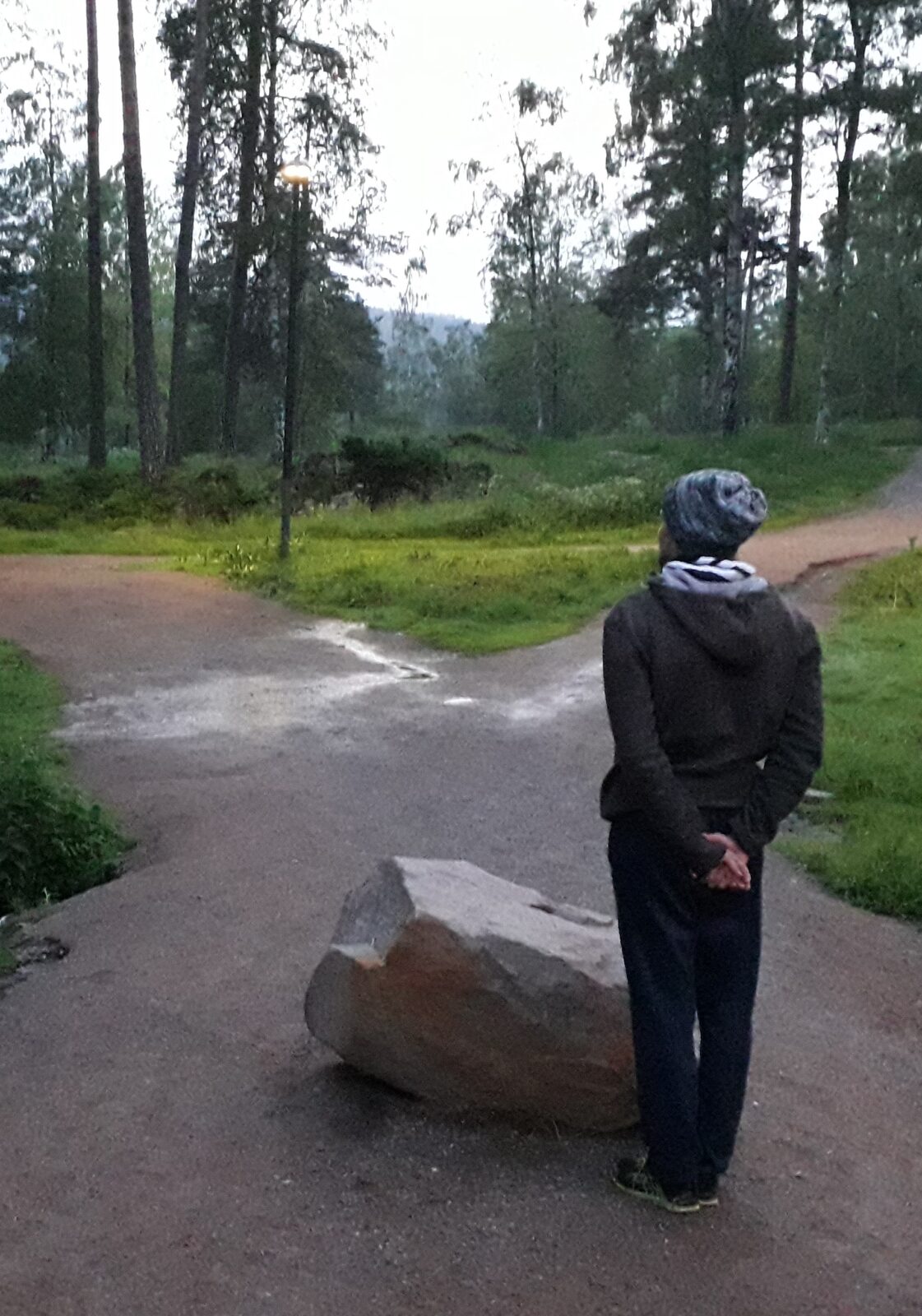
It is somewhat paradoxical that we seem to be becoming increasingly unhealthy (for example, because of our sedentary lifestyles) but at the same time obsessed with health. Many sociologists have written about “healthism” and how health issues dominate the public consciousness. Health has increasingly become a moral imperative that should guide our lifestyle choices (e.g., food, exercise, sleep), overriding philosophical, religious and cultural frameworks that might contain different ideas of what is ‘a good life’.
Sigmund Loland (2006) pointed out that the value of physical education and sport for improving health is certainly not new and can be traced back to medical philosophers. But it is important to note that, earlier on, health was viewed not as the end goal of physical education but a means for pursuing other, higher goals. At present, there is a danger that physical education becomes mere physical activity (for health).
In contemporary exercise psychology, some of the central current topics include the instrumental value of exercise and physical activity in stress management, improving mood and treating depression and anxiety. There is an interest to identify the minimal dose of exercise to obtain health benefits, whether it is two hours per week or 10 minutes per day. I mean, who would want to do more than they have to?
Too rarely we stop thinking why we should be more healthy in the first place. What if we achieve the health that was supposed to be our goal? Is that the state of salvation?
If exercising makes you healthier, you might live longer. Surely, that is a good thing, no? But again, we have to ask: longer life, what for?
In a thought-provoking article on the hopelessness of health-centred kinesiology, Gregg Twietmeyer (2018) put it this way: ‘either we have to commit to a view that health is all we need, or accept that health is all there is‘.
For many people who are passionately involved in sport and physical activity, the means and ends are actually reversed. I need my health to be able to play football with my friends or my children, to hike up that mountain and enjoy the nature, to go dancing with my partner, or to complete my marathon challenge. Those are activities that bring meaning to many people’s lives.
Perhaps we first need to identify what we want to do with our health. Many philosophers would consider health as a means to live good and meaningful lives. Sport, exercise and physical activity might be elements of that good life. And if so, some health benefits might follow as a side product.
Literature:
Loland, S. (2006). Morality, medicine, and meaning: Toward an integrated justification of physical education. Quest, 58(1), 60-70.
Ronkainen, N. J. (2018). Chapter 5: Health – what for?. In N. J. Ronkainen & M. S. Nesti, Meaning and Spirituality in Sport and Exercise: Psychological Perspectives. Routledge.
Twietmeyer, G. (2018). Hope & kinesiology: The hopelessness of health-centered kinesiology. Sport, Ethics and Philosophy, 12(1), 4-19.